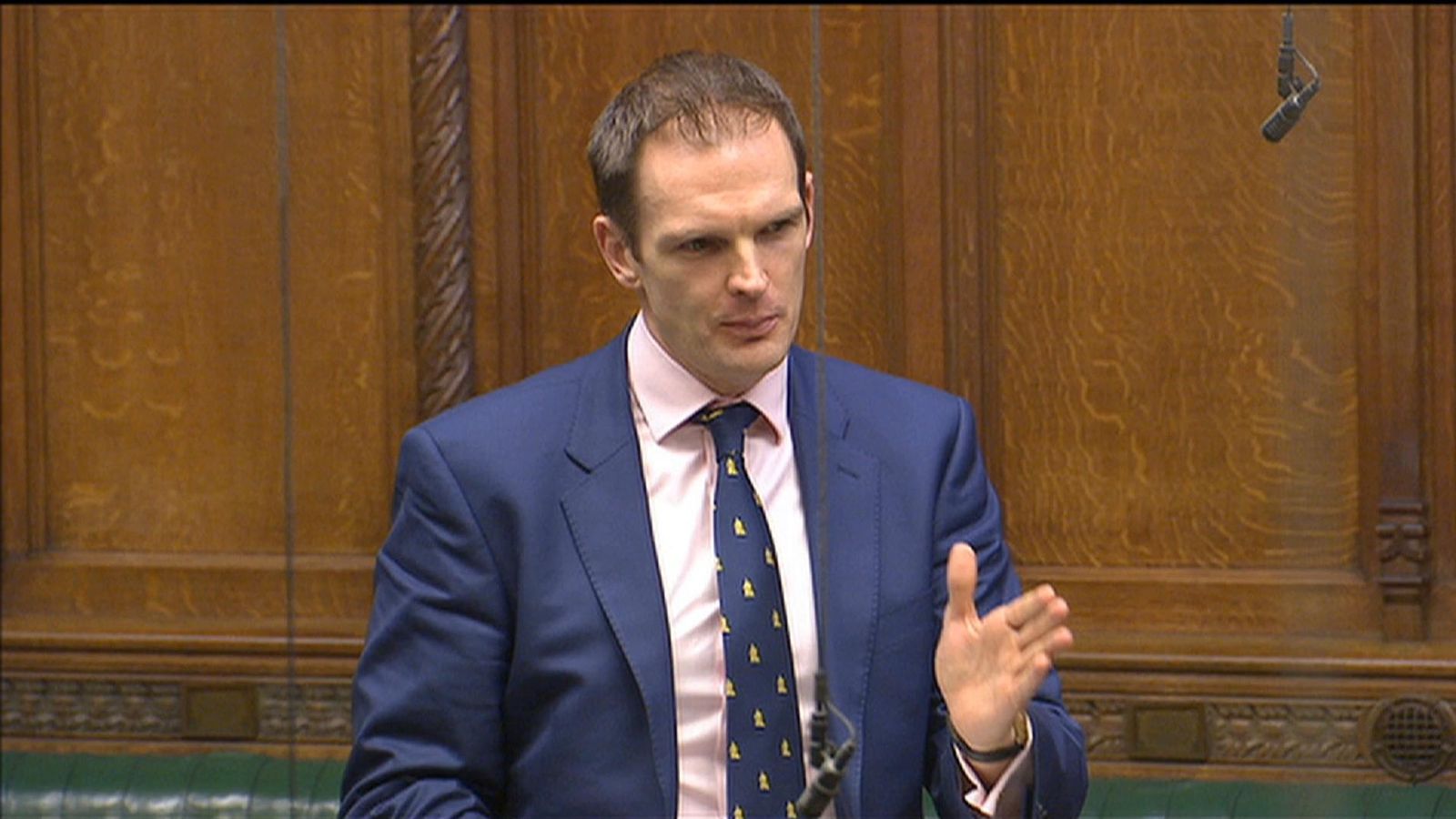With the continuous development of blockchain and Web3 technology, the realization of the importance of decentralized storage is growing. Decentralized storage offers several advantages such as: B. Improved data security and reliability, avoidance of single points of failure and better data control for users. In practice, however, decentralized storage also faces some challenges, such as B. low storage efficiency and high cost.
After researching decentralized storage projects in the market, we were impressed by the public chain project Datamall Chain. Datamall Chain has developed a Nash consensus mechanism to achieve efficient decentralized storage. This mechanism can not only meet the different needs of different users for storage media, but also protect the interests of both storage providers and storage consumers. A detailed introduction to Datamall Chain’s decentralized storage process and Nash Consensus mechanism is given below.
In Datamall Chain, the whole storing process is very simple. On the one hand, storage providers offer orders, storage consumers can then freely choose their orders and rental period. Before data is stored, consumers must pay the relevant fees and transfer these fees to the contract. Once the contract enters the Pending Delivered state, consumers can store data on the storage space provided by the provider. Once the save is complete, both sides agree to enter the execution state. In the event of a dispute, consumers can initiate an on-chain storage dispute. Since only disputes can be brought onto the chain, the stress on the chain is significantly reduced.
The Nash consensus mechanism is primarily reflected in three aspects:
- Ensuring system security with reserve
Compared to traditional storage solutions, the biggest challenge with decentralized storage is ensuring that storage providers store data the way they promised without losing or tampering with the data. With traditional storage solutions, this problem is usually solved through contractual and legal means.
However, in Datamall Chain’s decentralized storage solution, an incentive mechanism is introduced to ensure the behavior of storage providers. The Nash Consensus mechanism requires storage vendors to deploy DMC as a back-up to ensure they have the promised storage data. If storage providers violate the contract, they face penalties and lose their deployed DMC. Conversely, if storage providers comply with the contract, they will receive rewards and recover their deployed DMC.
- Make prices more reasonable through Nash Consensus
Currently, decentralized storage solutions on the market are not transparent in terms of pricing and their pricing mechanisms are too complex. However, Datamall Chain allows storage providers to list orders and set their prices. Storage providers sell storage space based on their storage capacity with different list prices and rental terms. You can also set a specific deposit amount for orders. This market form of free competition enables storage consumers to freely choose their preferred storage service providers.
3. Ensuring data storage through storage challenge
For decentralized systems, ensuring that miners store data the way they promised is a very important issue. To solve this problem, DMC employs a memory polling mechanism. The storage challenge design is very interesting as consumers select a random storage location and then the provider sends a hash value to prove that they stored the data. If the hash value is correct, it can prove that the provider has saved the data. If the challenge cannot be completed within the specified time, the contract ends, in which case the consumer can get his payment back and receive compensation from the provider.
Datamall Chain’s greatest benefit lies in its ability to provide a foundation for fully decentralized large-scale applications. The Nash Consensus he adopted will improve storage efficiency and scalability while ensuring storage security, laying a solid foundation for future Web3 data storage infrastructures.
Datamall Chain’s decentralized storage process ensures benefits for both storage providers and storage consumers and minimizes stress on the chain, resulting in greater scalability. It is believed that Datamall Chain will become a reliable Web3 data storage infrastructure in the future, and will give impetus to the development of digital economy and digital society.
Visit the official DMC website for more information.
Twitter: https://twitter.com/datamallcoin
Discord: https://discord.gg/dmcofficial
Website: https://dmctech.io




























